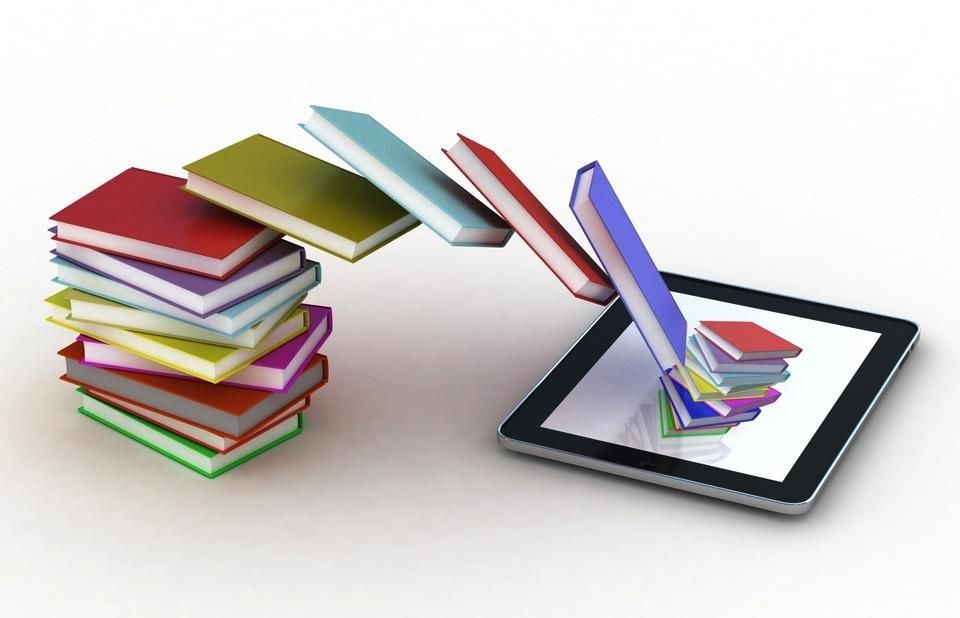
This is one of those stories that works on many, many levels simultaneously. What all the levels have in common, however, is their exploration of man’s capacity for both selfishness and selflessness.
On one level, this is the story of the disintegration of a family. An elderly South African pastor travels to Johannesburg to track down members of his family who have vanished into the maw of that ravenous city, never to return. Heartbreakingly, he discovers that all of them have been marked and warped by their brush with soulless urbanism: his sister has become a prostitute, his brother a radical politician, his son, a thief and murderer. In the course of trying to cope with these heartbreaks, the aged, gentle Umfundisi (Zulu for “pastor”) is aided by a host of sympathetic strangers, both black and white. The juxtaposition of their generosity and capacity for kindness with the corruption and apathy of the city is deeply moving.
On another level, this is the story of the destruction of a way of life, as drought and ignorance of sound agricultural/land management practices threaten to forever destroy the beautiful valley of the Umfundisi's memory, leaving behind a dry and desolate plain. With characteristic equivocation, Paton challenges us to consider the extent to which we humans bring our evil with us – in the form of plows and tribes and customs – regardless of our intent.
On still another level, this is the story of the evils of European colonialism and the devastation wrought upon an unprepared native population by greedy mine owners, capitalists, and politicians. Paton doesn't shy away from blaming colonialism for the ruin of the corruption of the Umfundisi’s family and the loss of South Africa’s soul. And yet, again, he chooses the path of ethical ambiguity over the much easier path of moral righteousness, juxtapositioning acts of soulless exploitation with acts of stunning philanthropy.
Finally, this is the story of the transition of men from innocence to understanding. In ways both subtle and deeply ironic, the core tragedy of the tale forges an unexpected bond between the Umfundisi and a grieving white African businessman, kindling in both men a deeper wisdom and, unexpectedly, a faint stirring of hope that illuminates the final few pages of this complex and moving tale.
All this, Paton achieves via a wholly distinctive, lyrical narrative voice that mimics the rolling, repetitious rhythms of South African speech. At first I found this use of repetitive phrases and exchanges (for example, the staple farewell ritual of “stay well” and “go well”) a little self-conscious. By the end of the tale, however, I understood the extend to which these simple exchanges could communicate as much depth of feeling and pathos as a whole chapter of Dickens.
Readable, poignant, relevant … can we ask more from any book? If the definition of a “classic” is a tale that still has things to say about the human condition, then this one definitely deserves its spot in the pantheon.
